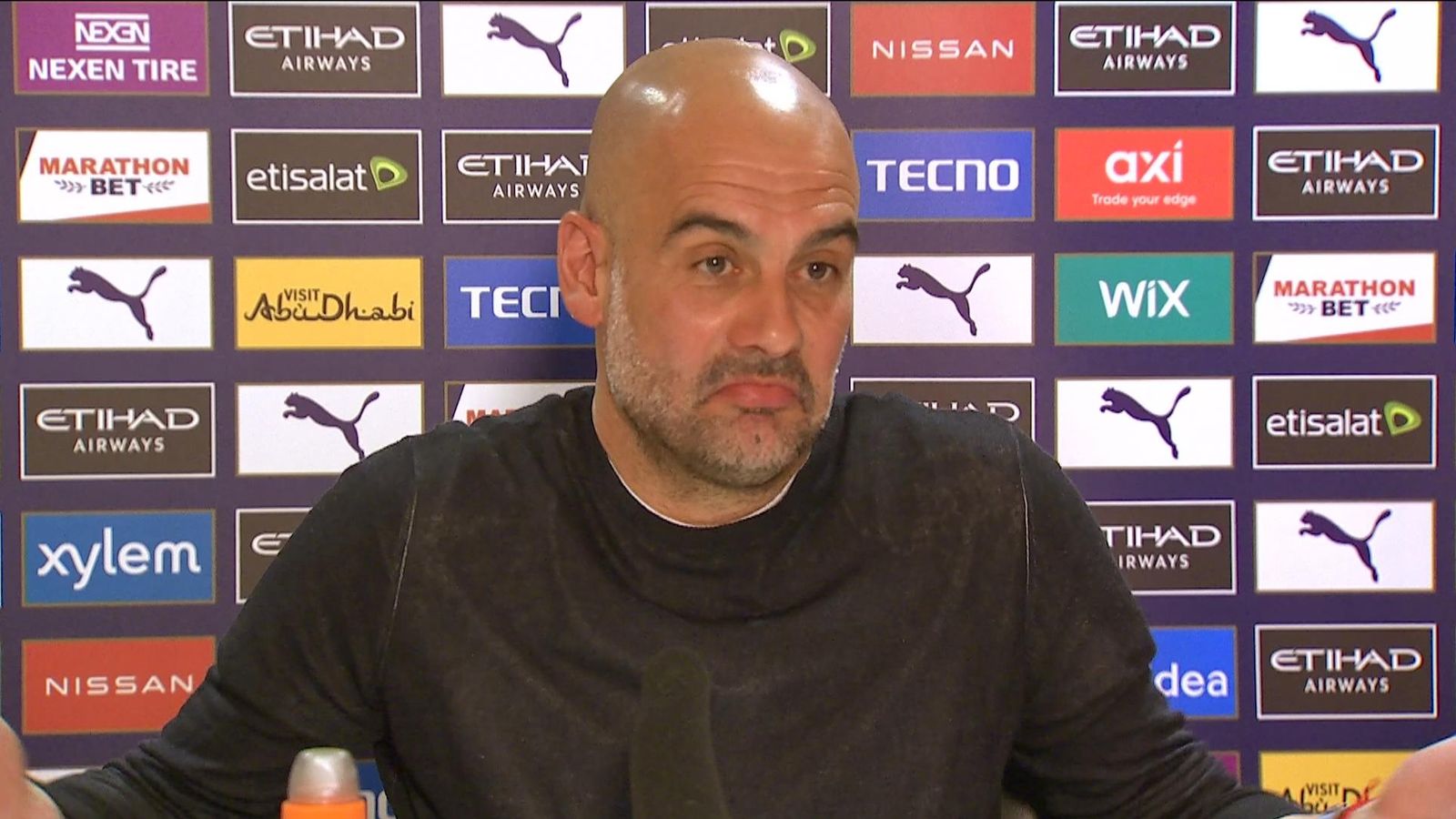- Aug 22, 2013
- 15,799
- 31,490
I think Levy and Lewis had no other choice
Of course they had a choice. They weren't forced to shoot someone at gunpoint. Porto said no. Bayern said no. Dortmund said no. Might not have been a palatable choice but it was a choice.
Also, why's everyone assuming we were invited and not that we were actively organising it. Spurs are one of the biggest clubs in the world financially and in terms of infrastructure.




